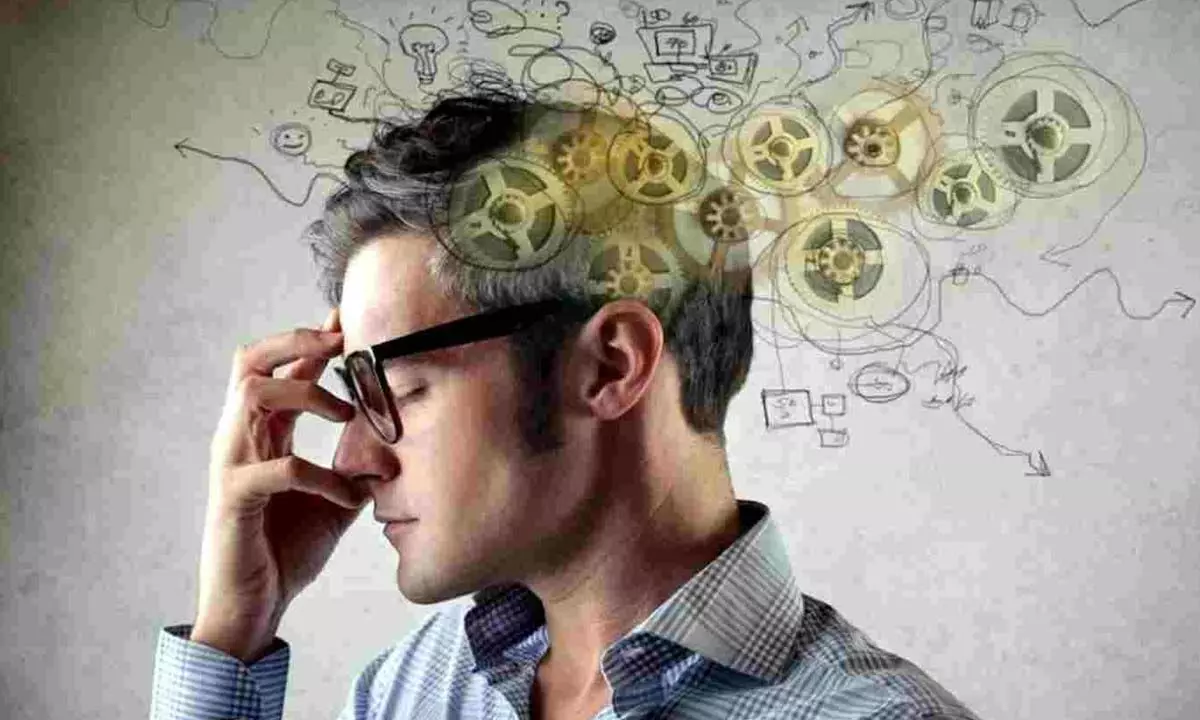Balancing objectivity and subjectivity can make you a better critical thinker

Balancing objectivity and subjectivity can make you a better critical thinker
Human intellect has many dimensions and realms left to explore and the acknowledgment of experience alongside a recording of whatever can be recorded can propel us to keep on exploring our world, by not staying content with mere observation or opinion and incessantly renewing our intellectual lives
"Objectivity cannot be equated with mental blankness; rather, objectivity resides in recognizing your preferences and then subjecting them to especially harsh scrutiny – and also in a willingness to revise or abandon your theories when the tests fail (as they usually do)." - Stephen Jay Gould
Critical thinking has, for a long time, been inextricably linked to and considered synonymous with objectivity. Even in terms of everyday discourse, there is a frequent and fervent emphasis on objectivity and how the subjective and the emotional side must be subdued to let critical thinking and a spirit of enquiry enable our journeys. However, while reliance on facts for a fair and holistic consideration is undeniably important, it is important to note that this is not the only site for enquiry and observation. There are questions of significance that defy a factual register and they have to be dealt with as well. In other words, if objectivity is necessary, so is the unlimited expanse of subjective experience and a critical thinker must accommodate both these types of engagements.
To put it more elaborately, objectivity is about data, metrics, and verifiable facts. A purely empirical approach to life, involving these would work if it was simply a series of value-neutral transactions. However, life, including the formal and business aspects of it, remains characterized by ambiguity and things of importance which remain unverifiable. On top of it, complete objectivity remains out of reach with the diversity of perspectives and experiences in the world and the limits to human cognition, with the possibility of something new to be discovered perpetually alive.
To deal with the first aspect, the one involving factors of significance which cannot be empirically validated, think of a career question. If careers were all about making the biggest amounts of money and gaining the most amount of clout in an industry, individual choices would not be so difficult to make. If you're not brimming with resources, why would you choose to be an entrepreneur and take the risk of starting something on your own when seeking stable and lucrative employment could arguably suit your situation better? The answer does not lie in an objective profit-loss assessment.
Instead, it takes us to questions that are almost impossible to answer with data - "What motivates you? What makes you happy? What legacy would you like to leave behind?" These emotional sides to a professional, career manoeuvre are important because they fuel our agency and simultaneously cannot be reduced to quantitative rationales, as they involve a defiance and disregard to fact and an element of daring, dreaming and risk-taking. If this vocabulary sounds too unrealistic, the objective truth is that numerous success stories in the world that earned tremendous quantifiable profits germinated from non-quantifiable human dreams and courage.
The other aspect deals with the impossibility of complete objectivity. Sunshine Menezes, writing for The University of Rhode Island Magazine notes how even something non-human gets influenced by human limitations and biases in a quest for objectivity. She writes,
"A contemporary example of unconscious bias concerns artificial intelligence (AI). AI uses computer algorithms to illuminate patterns in massive data sets - patterns that inform many aspects of our lives, including health care, banking, and hiring decisions. While computers do the heavy lifting in this work, humans set the process in motion, which can allow researchers' biases to influence the analyses through the initial questions they pose."
Thus, when technology itself cannot be value-neutral, it would be a misjudgement to assume that anything involving humanity can be described through factual indicators or taken care of with just objectivity.
Therefore, a new critical thinking must employ and harness both objectivity and subjectivity, take facts aboard alongside the human narratives behind them and come to a balance that allows for the most capacious accommodation of the human condition. A true visionary approach is about observing, to loosely paraphrase Albert Einstein's remark, that what counts might not always be countable and to push the envelope of critical thinking. Human intellect has many dimensions and realms left to explore and the acknowledgment of experience alongside a recording of whatever can be recorded can propel us to keep on exploring our world, by not staying content with mere observation or opinion and incessantly renewing our intellectual lives.
(The author is Founder & CEO Upsurge Global and Adjunct Professor and Advisor EThames College)




















